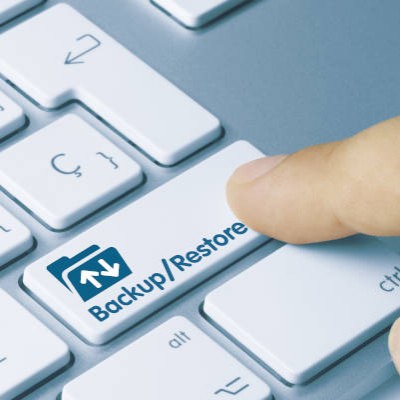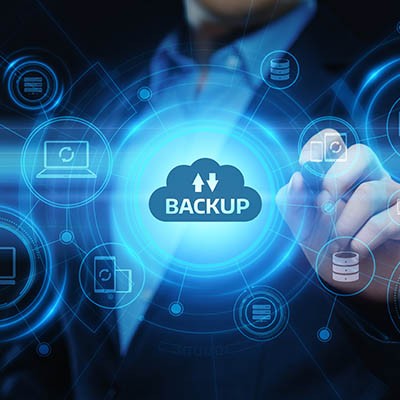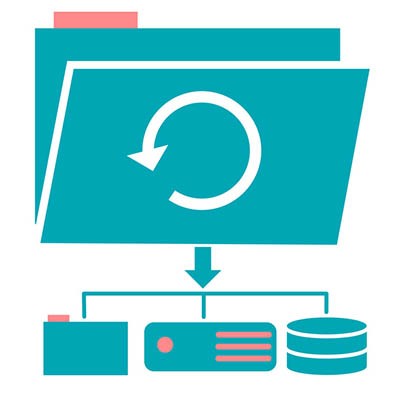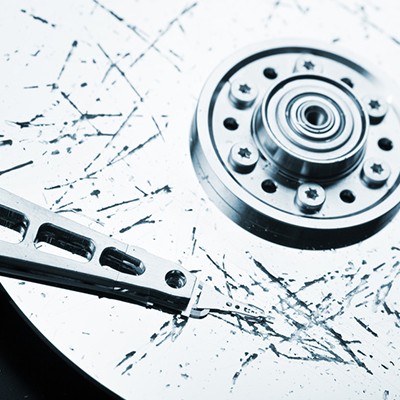Walsh IT Group Blog
No one likes to imagine the worst-case scenario, but it’s important for businesses to put themselves in the shoes of an organization that has everything to lose. What would happen if you suddenly experienced a data loss disaster, or worse, a complete and total shutdown of operations? If you don’t have a plan in place, you will certainly wish you did. Let’s talk about how to make that happen.
We are used to hearing “redundant” used as a non-complimentary term, so it can be off-putting to hear how you want to make sure that your backups are redundant in case of a disaster. With March 31st being World Backup Day we want to talk about how important redundancy is important, especially in the midst of a considerable disaster event like the one we are doing today.
Fortunately, businesses are doing more to secure their data. It wasn’t always so, but with the current threat landscape the way it is, it is essential that business owners do what they can to protect their data. A critical part (but not the only part) of this is to back it up. Today, we will take a look at data backup and explain how it has to be an essential part of your business’ cybersecurity strategy
Plan: NOUN
1. A detailed proposal for doing or achieving something.
We’ve all heard or maybe even used the expression “That didn’t go as planned”. More often than not, a well-designed and implemented disaster recovery goes as planned, but do you really want to wager your entire business without doing any sort of testing?
When we map out a network for a business, a huge factor that goes into the decision-making process is about the data that travels across the network. Your organization’s data, and it’s security and continuity, is extremely important. In fact, we feel it’s one of the most important aspects of your business.
By now, you’ve probably heard about the importance of business continuity and disaster recovery planning for small businesses. According to FEMA, more businesses have business continuity plans than ever before. With so many SMBs looking to secure their future, there are still a few aspects of business continuity planning that today’s business need to comprehend. After all, there is more to it than just data backup. Disaster recovery is something that needs to be planned, practiced and updated.
The fear of losing data fuels the data backup market, and with all the new threats that are constantly trying to find you on the Internet, every company has to have a strategy to protect their data. A lot of small businesses struggle to recover if they don’t have proper continuity policies, including data backup, when there is a situation that causes them to lose data.
Data backup and disaster recovery is one of the most important parts of running a business, even if they are only used frequently, if at all, to recover from a disaster. Still, it’s crucial that your organization has it, as without data backup and disaster recovery, you’re putting your organization at risk. If you haven’t thought about data backup, start thinking about it before it’s too late. We’ll help you get started with some best practices.
It’s critical that you protect your business’ important assets, including perhaps the most important of all: its data. One of the best ways to do this is by implementing a solid backup solution. But what’s the best way to approach data backup? After all, every business is going to have different needs. We’re here to tell you all about these different needs, and how your organization can implement a reliable backup solution based on yours.
What one organization considers a disaster might be much different than what another business might see as disastrous. Perhaps one sees the loss of a few hours and a few files as something that can be recovered, while another sees every lost moment and each iota of data as a catastrophe. Whichever camp you find yourself in, you need to be able to do two things: first, gauge how serious a given data loss disaster is, and secondly, establish what must be done to get back in action following said disaster.
It’s no industry secret that one of the most important pieces of IT any business should have is a data backup solution. However, this is like saying that every business should have a plant: the type of plant, and (by extension) the type of data backup, matters. You want a data backup that is more like a peace lily or a cactus, hardy and resilient, and less like a basil plant or orchid, high-maintenance and requiring very specific conditions to prosper.












